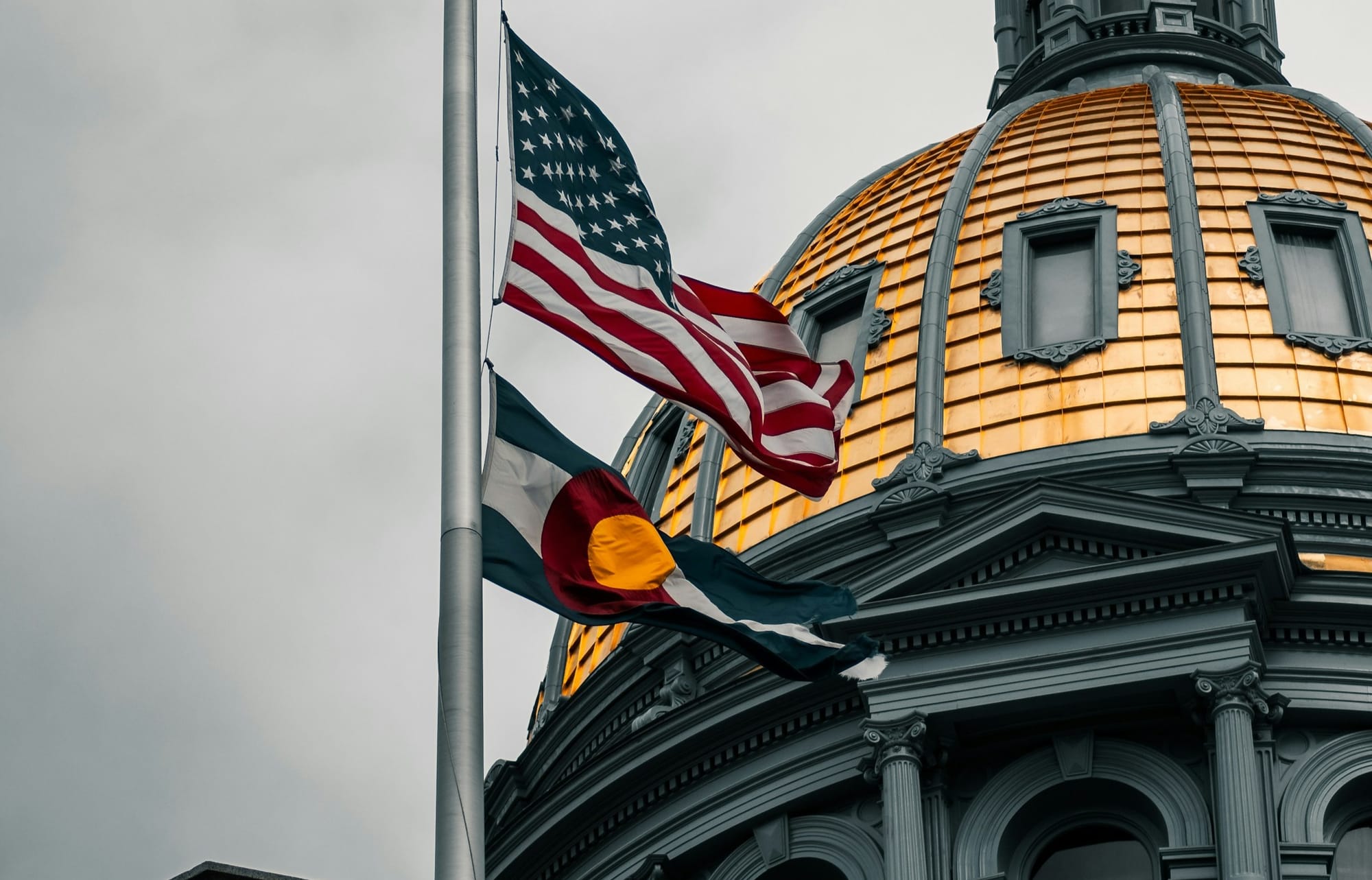Denver Councilmembers Decide Not to Give Voters Say on Ranked Choice Voting

DENVER, Colo. - The Denver City Council voted 7-6 Monday to reject a measure that would add ranked choice voting to city elections. The decision means that voters will not have a chance to weigh in on the proposed reform.
Colorado has built a reputation for championing election innovations. Voters opened party primary elections to independent voters in 2016. They also established an independent redistricting commission with Amendments Y and Z in 2018.

Additionally, Colorado was among the early adopters of universal vote-by-mail, meaning all elections are conducted by mail. Ballots are automatically sent to all registered voters, which has led to an increase in voter participation – and has saved the state money.
The state also became the first in the nation to implement statewide risk-limiting audits as a routine part of election certification. The way state officials conduct elections is not only popular with voters, but is widely trusted across party lines.
However, when it comes to reforming the voting method Colorado citizens use to give them more choice on their ballots – efforts have had mixed results.
RCV Hits Another Roadblock in Colorado
RCV advocates argue that their reform is a more expressive and efficient way to conduct elections.
Voters rank candidates (1st choice, 2nd choice, 3rd choice, etc.). If no candidate gets at least 50%+1 of first choice selections, the last place candidate is eliminated and their voters' next choices are applied to the results.
Subsequent elimination rounds like this are conducted until a single candidate has a majority of the vote, with the last place candidate being eliminated and their voters’ next choices factoring into the results.
The proposed measure in Denver would have allowed voters to rank up to 6 candidates in city elections that have more than two people vying for the seat.
RCV has already been adopted in 5 cities in Colorado, including Basalt, Boulder, Broomfield (starting in 2027), Carbondale (not in use), and Fort Collins. However, the reform hit a snag in 2024 when it was rejected on the statewide ballot along with all candidate primaries.
The measure, Proposition 131, already faced a tough road to implementation after the Colorado Legislature passed a bill that specifically targeted RCV and required the reform to be passed and used in a dozen cities that met specific criteria before it could be used statewide.
These barriers were put in place by Denver Democratic Rep. Emily Sirota.
And now, the Denver City Council has narrowly voted to keep an RCV measure from going before voters. Notably, Denver County voted in favor of the all candidate primary and RCV combo under Prop 131.
Opponents and skeptics of RCV on the council either argued that there was no need to change the current system or focused their arguments on things like ballot exhaustion, which happens when all of a voters’ ranked candidates have been eliminated.
“Any voter who fails to rank the last two candidates – their ballot is thrown out,” said Councilmember Kevin Flynn. This, of course, assumes a large candidate field that comes down to the last possible round of RCV tabulation.
RCV advocates argued before the council that the reform “builds in representation for different viewpoints and different communities,” emphasizing that ranking candidates allows for greater expression on the ballot than strategically picking a single candidate.
This, they assert, creates an electoral environment that not only encourages voter participation, but doesn’t discourage candidates from running out of fear of being a “spoiler.”
Those who favor RCV implementation in Denver also say the voting method decides a majority winner when the most voters participate. Runoff elections, they argue, not only cost taxpayers more to administer, but they often have much lower turnouts.
In a 2023 municipal run-off, the city spent an extra $1 million to conduct the election.
RCV Wasn’t The Only Election Proposal up for Consideration
The Denver City Council advanced a measure 7-6 Monday that would change the way the city conducts at-large council elections. Instead of conducting the two elections on the same ballot, each seat would be separated into two distinct races.
Under the current system, voters pick two candidates, and the top two vote-getters win, regardless of whether they secure a majority. This has resulted in winners gaining a seat on the council with less than 20% of the vote.
Proponents of changing how at-large elections work – including Flynn – argue separating the races would ensure majority winners, reduce under-voting, and make voter choices count more meaningfully.
Ironically, that is the same case proponents use for RCV.
 Shawn Griffiths
Shawn Griffiths






